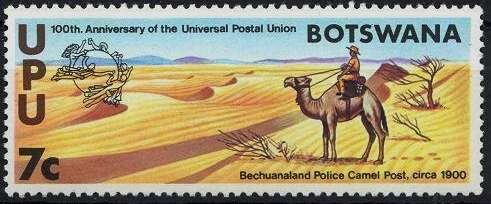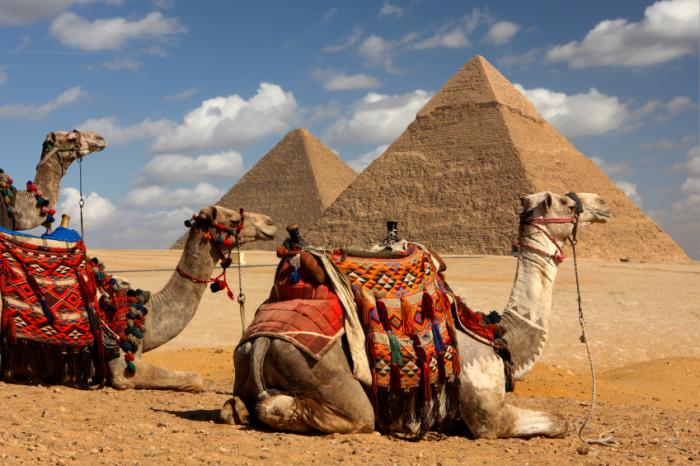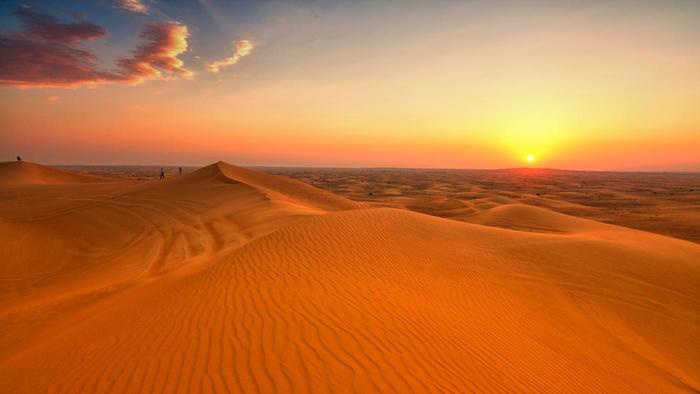Stamp: Bechuanaland Police Camel Post, ca. 1900 (Botswana 1974)
Bechuanaland Police Camel Post, ca. 1900 (Botswana 1974)
22 May (Botswana ) within release UPU centenary goes into circulation Stamp Bechuanaland Police Camel Post, ca. 1900 face value 7 Botswana cent
| Stamp Bechuanaland Police Camel Post, ca. 1900 in catalogues | |
|---|---|
| Michel: | Mi:BW 112 |
| Stamp Number: | Sn:BW 112 |
Stamp is square format.
Also in the issue UPU centenary:
- Stamp - Mail Vehicles face value 2;
- Stamp - Post Office, Palapye face value 3;
- Stamp - Bechuanaland Police Camel Post, ca. 1900 face value 7;
- Stamp - 1920 And 1974 Planes face value 20;
|
Data entry completed
43%
|
|
|---|---|
| Stamp Bechuanaland Police Camel Post, ca. 1900 in digits | |
| Country: | Botswana |
| Date: | 1974-05-22 |
| Format: | Stamp |
| Face Value: | 7 Botswana cent |
Stamp Bechuanaland Police Camel Post, ca. 1900 it reflects the thematic directions:
The Universal Postal Union (UPU, French: Union postale universelle) is a specialized agency of the United Nations (UN) that coordinates postal policies among member nations and facilitates a uniform worldwide postal system. It comprises 192 member states and is headquartered in Bern, Switzerland
A camel (from Latin: camelus and Greek: κάμηλος (kamēlos) from Ancient Semitic: gāmāl) is an even-toed ungulate in the genus Camelus that bears distinctive fatty deposits known as "humps" on its back. Camels have long been domesticated and, as livestock, they provide food (camel milk and meat) and textiles (fiber and felt from camel hair). Camels are working animals especially suited to their desert habitat and are a vital means of transport for passengers and cargo. There are three surviving species of camel. The one-humped dromedary makes up 94% of the world's camel population, and the two-humped Bactrian camel makes up 6%. The wild Bactrian camel is a separate species and is now critically endangered.
A desert is a landscape where little precipitation occurs and, consequently, living conditions create unique biomes and ecosystems. The lack of vegetation exposes the unprotected surface of the ground to denudation. About one-third of the land surface of the Earth is arid or semi-arid. This includes much of the polar regions, where little precipitation occurs, and which are sometimes called polar deserts or "cold deserts". Deserts can be classified by the amount of precipitation that falls, by the temperature that prevails, by the causes of desertification or by their geographical location.
Animals are multicellular, eukaryotic organisms of the kingdom Animalia (also called Metazoa). All animals are motile, meaning they can move spontaneously and independently, at some point in their lives. Their body plan eventually becomes fixed as they develop, although some undergo a process of metamorphosis later on in their lives. All animals are heterotrophs: they must ingest other organisms or their products for sustenance.




